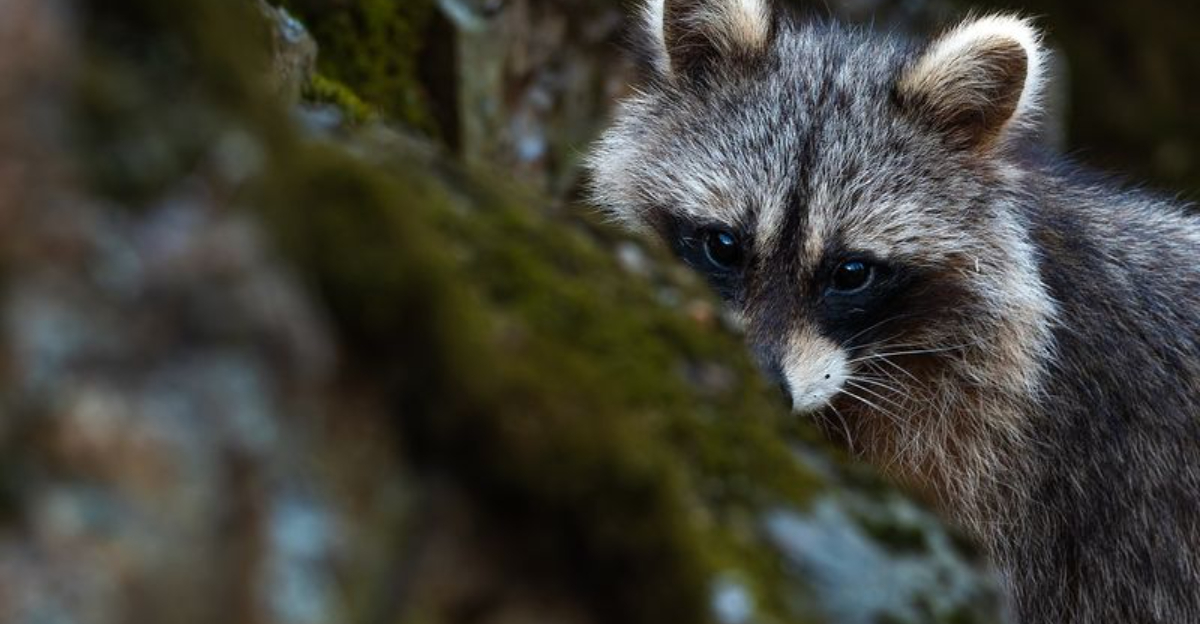Raccoons are often misunderstood creatures that many homeowners find themselves hesitant to welcome. However, these intelligent mammals can bring unexpected benefits to your garden and household environment.
Having a raccoon as a pet might not be the best idea, but letting them visit your yard and assisting them when they need help can be a smart and compassionate choice.
From being natural pest controllers to helping with composting, here are fourteen compelling reasons to let raccoons roam freely in your yard.
1. Natural Pest Controllers
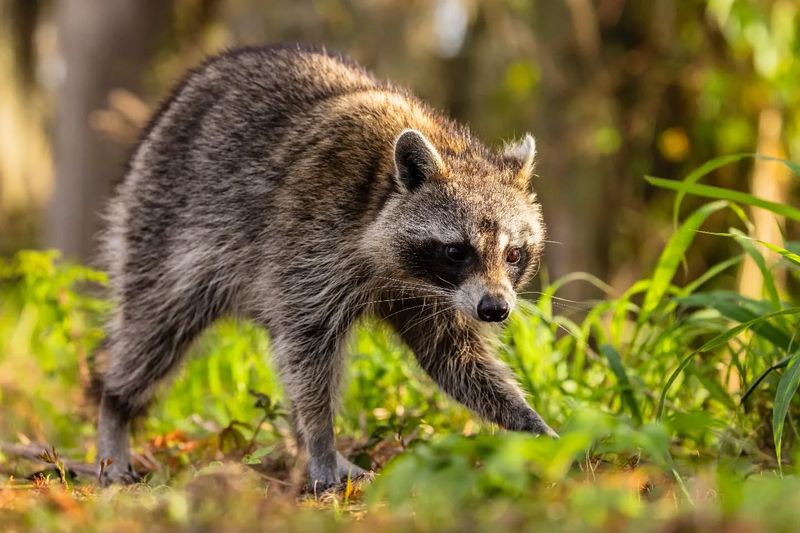
Raccoons are excellent natural pest controllers, and having them in your yard can significantly reduce the insect population. Known for their sharp intelligence, raccoons hunt various pests, including beetles, grubs, and caterpillars.
By allowing raccoons to roam freely, you create a balanced ecosystem where pest numbers are kept under control naturally. Raccoons’ diet primarily consists of insects, which can be a boon for your garden. They love to dig in the soil, searching for their next meal, which helps aerate the ground.
As they feast on unwanted pests, your plants can thrive without the need for chemical pesticides. This harmonious relationship benefits both the raccoons and your garden. Their hunting activities are most effective during the night when many pests are active.
So, while you sleep, raccoons are working hard to keep your yard healthy and flourishing. Encouraging raccoons to visit your yard can lead to a decrease in harmful pests, promoting an organic garden environment.
2. Compost Helpers
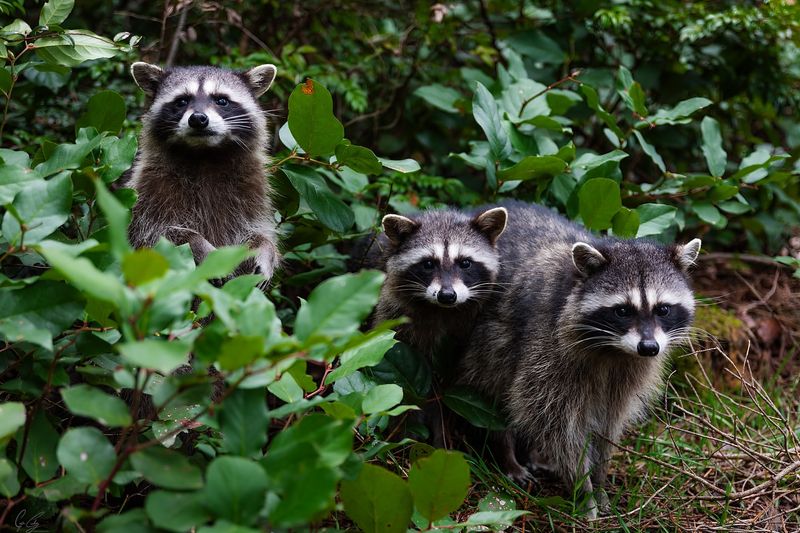
Raccoons can be surprisingly helpful when it comes to managing your compost pile. Their natural curiosity leads them to explore and aerate the compost, turning it over and speeding up the decomposition process. This efficient mixing allows the compost to break down faster, providing your garden with nutrient-rich soil.
As omnivores, raccoons are attracted to the food scraps within your compost pile. Their foraging helps to disperse organic material evenly, ensuring a more thorough decomposition. This activity not only accelerates the composting process but also keeps the pile from becoming too compacted, which can hinder aeration and slow down breakdown.
While some might worry about raccoons creating a mess, their benefits to a healthy compost system outweigh the potential downsides. By welcoming raccoons into your yard, you invite a natural assistant to help maintain your compost, turning waste into valuable garden resources more efficiently.
3. Seed Dispersers
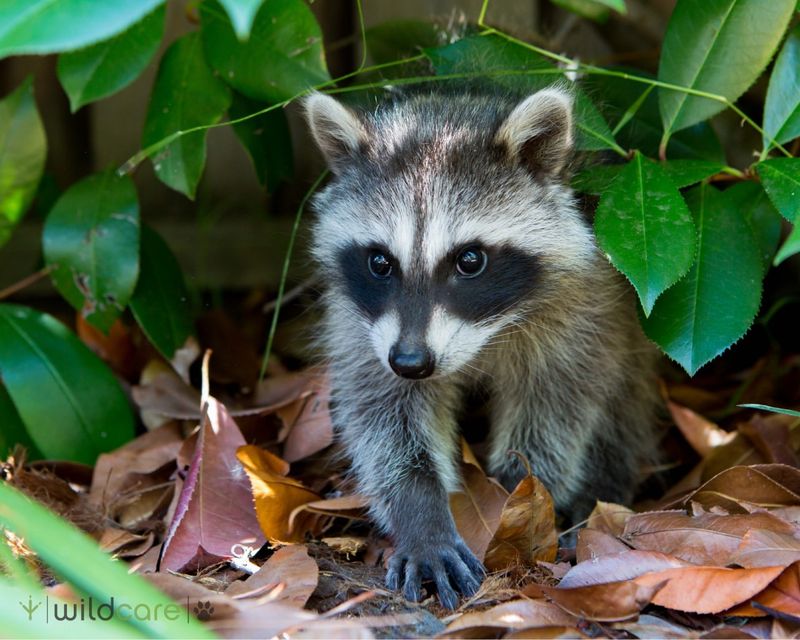
Raccoons play a crucial role in seed dispersal, which can greatly benefit the biodiversity of your garden. As they forage, seeds from fruits and plants often get caught in their fur or are excreted elsewhere, leading to the growth of new plants.
This process is essential for maintaining a healthy and diverse plant ecosystem in your yard. Their movements help spread a variety of seeds, from berries they consume to nuts they gather. This natural gardening can introduce unexpected flora to your yard, enriching its botanical variety.
Each new plant species that emerges contributes to the overall health of the ecosystem, attracting more wildlife and supporting pollinators like bees and butterflies. By allowing raccoons to wander your yard, you encourage a natural and diverse spread of plant life.
This promotes not only the beauty of your garden but also its environmental resilience, making it a lively habitat for various flora and fauna.
4. Soil Aerators
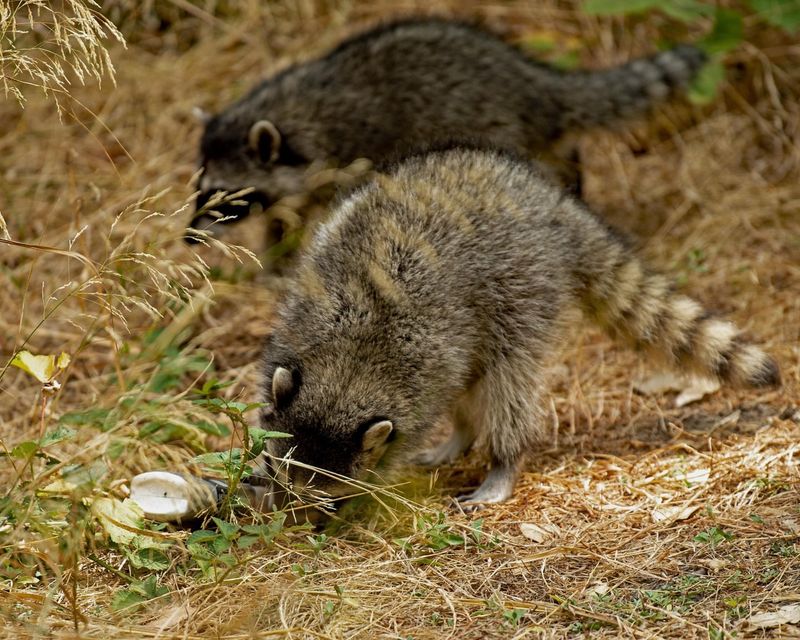
Raccoons are natural diggers, a trait that is beneficial for soil health in your garden. As they search for grubs and insects, they naturally aerate the soil, which is vital for plant growth. This digging allows air and water to penetrate deeper into the soil, supporting root development and enhancing nutrient uptake.
The act of soil aeration by raccoons also helps in breaking up compacted soil, improving drainage and preventing root rot. Their digging leads to a more friable soil structure, which is ideal for planting and maintaining healthy garden beds.
Moreover, aerated soil is essential for beneficial microorganisms to thrive, contributing to the overall fertility of your garden. Allowing raccoons to dig in your yard can lead to healthier plants and a more robust garden ecosystem. Their natural behavior, though sometimes seen as disruptive, has hidden benefits that your plants will appreciate, making your garden flourish.
5. Biodiversity Promoters
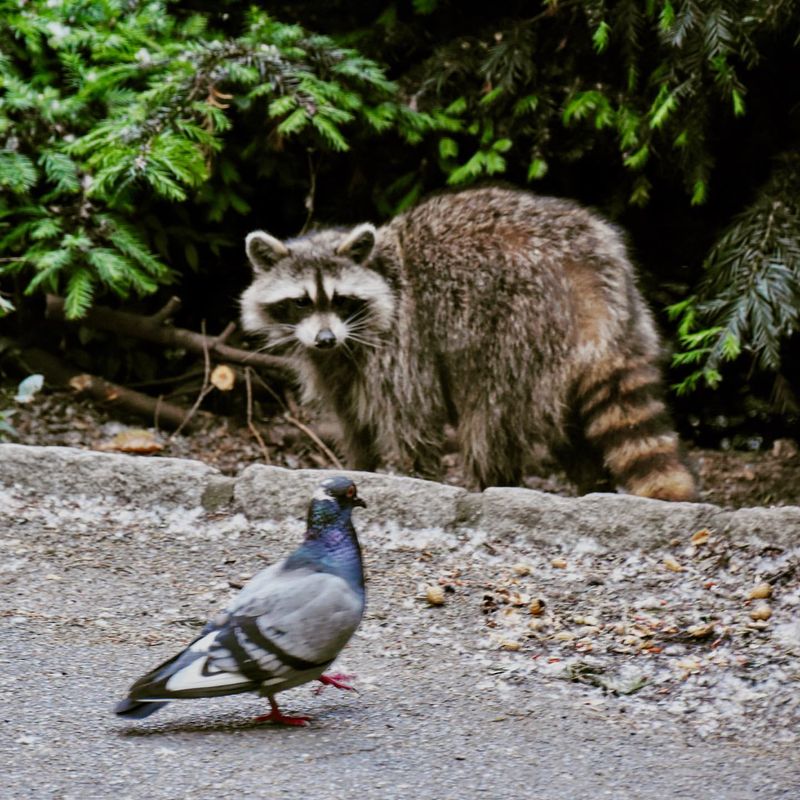
Raccoons are integral to promoting biodiversity in your garden. By sharing space with these creatures, you facilitate a dynamic ecosystem where various species can thrive together. Raccoons coexist with birds, insects, and small mammals, creating a balanced environment that supports a wide range of life forms.
Their presence encourages a rich tapestry of biodiversity, as they interact with different species, contributing to the ecological web. For example, raccoons may inadvertently protect smaller creatures by deterring larger predators. This protective behavior fosters a safe haven for various animals, allowing them to flourish.
Moreover, the activities of raccoons, such as seed dispersal and soil aeration, further enhance biodiversity by supporting plant diversity and health. Embracing raccoons in your yard means nurturing an environment where a multitude of species can coexist, enriching the natural world right outside your door.
6. Nature Observers
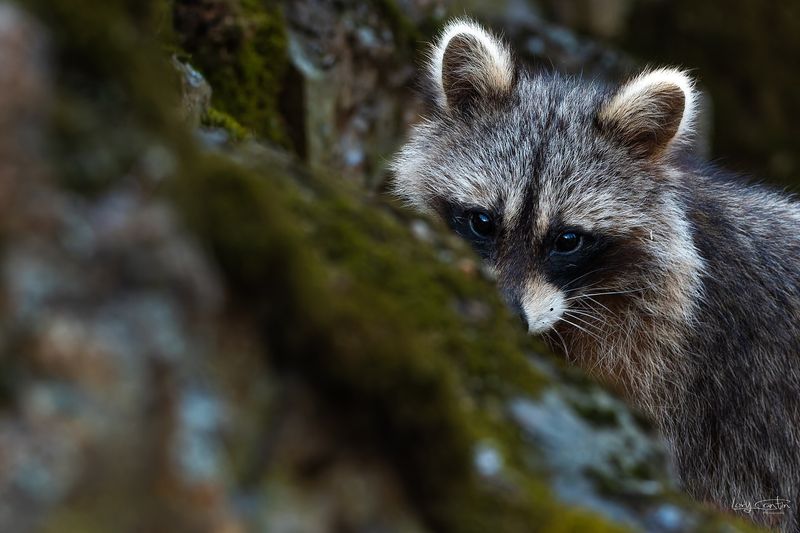
Raccoons offer a unique opportunity for observing wildlife behavior, making them excellent subjects for nature enthusiasts. Their nocturnal habits and clever antics provide endless fascination for those interested in observing animals in their natural habitat.
By letting raccoons into your yard, you create a living classroom for both children and adults. Watching raccoons can teach valuable lessons about animal behavior, adaptation, and survival strategies.
Their problem-solving skills and resourcefulness are particularly intriguing, providing insights into the complexities of wildlife life. This hands-on learning experience can foster a deeper appreciation for nature and inspire curiosity about the world.
Moreover, observing raccoons safely from a distance encourages a respectful and responsible approach to wildlife interaction. It’s a chance to connect with nature without disrupting the animals’ natural behaviors, offering a rewarding and educational experience right in your backyard.
7. Erosion Preventers
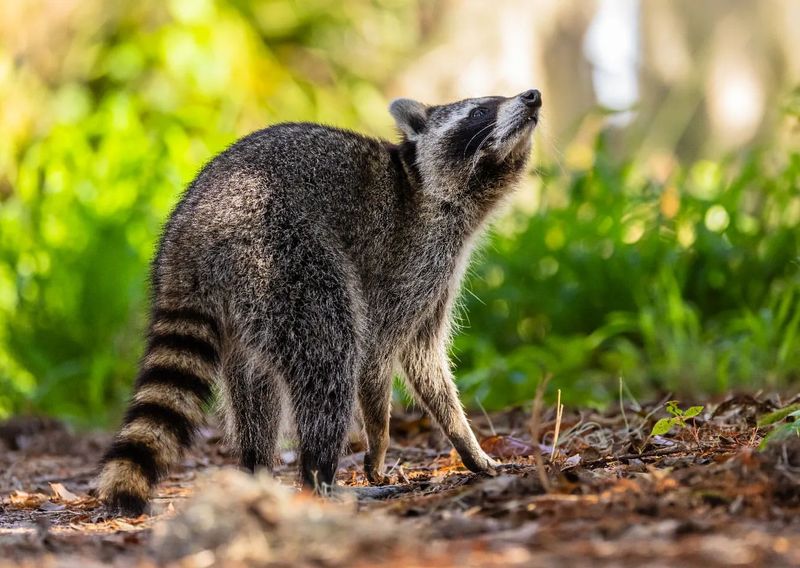
Raccoons contribute to preventing soil erosion, especially in areas near water bodies. Their activities help maintain the integrity of soil structures along stream banks and garden beds. By digging and foraging, raccoons promote root growth and vegetation cover, which are critical in holding the soil together.
Healthy root systems reinforced by raccoon activity play a vital role in stabilizing the soil, reducing the risk of erosion. Their natural behavior encourages a lush ground cover, which acts as a barrier against water runoff and soil degradation.
This ecological benefit is essential for preserving the landscape and maintaining a vibrant garden. By allowing raccoons into your yard, you support natural erosion control methods that are both sustainable and effective.
This helps to maintain the beauty and structure of your garden, protecting it from environmental wear and tear while supporting a thriving ecosystem.
8. Natural Cleaners
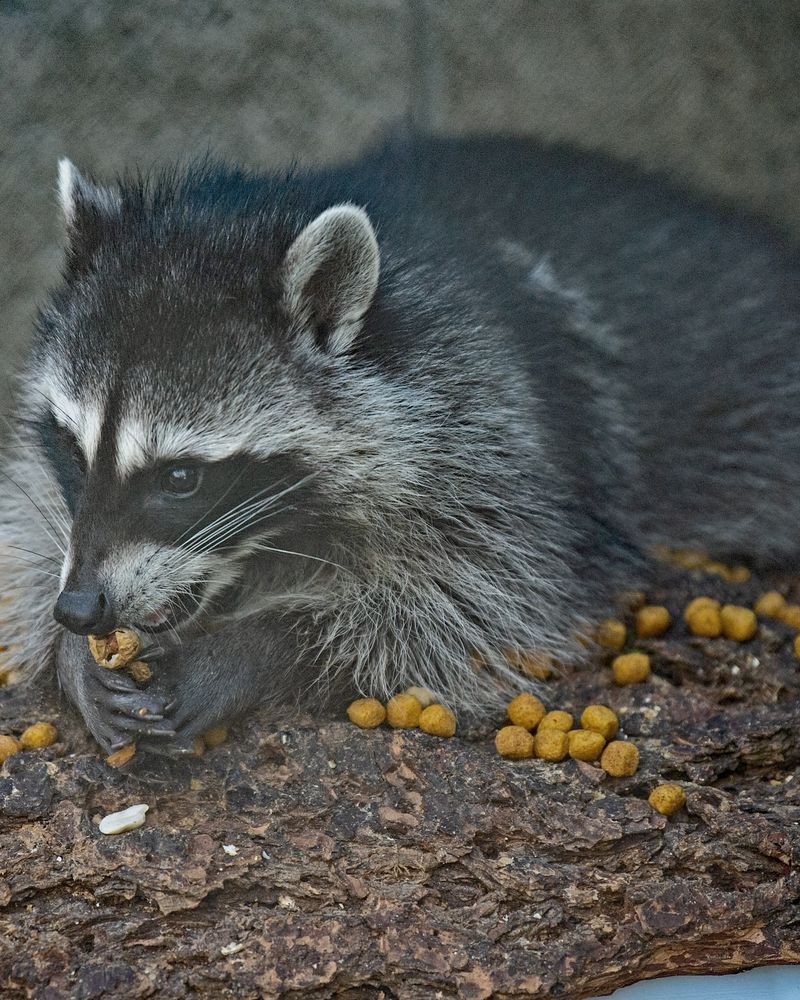
Raccoons are known for their tendency to clean up food scraps and debris, acting as natural cleaners for your yard. Their scavenging habits can reduce the amount of waste and litter, keeping your outdoor area tidier.
This natural cleaning service is beneficial for maintaining a cleaner and more pleasant environment. Their keen sense of smell helps them locate leftover food, which they efficiently consume, minimizing the potential for attracting other pests such as rats or insects.
By reducing these food sources, raccoons indirectly contribute to controlling unwanted pest populations, maintaining a balanced ecosystem in your yard. Welcoming raccoons into your outdoor space can transform them into valuable allies in waste management.
Their presence ensures that food waste is quickly disposed of, promoting a cleaner and healthier garden environment that requires less maintenance on your part.
9. Pollinator Supporters

Raccoons indirectly support pollinators, such as bees and butterflies, by fostering a biodiverse environment. Their activities promote the growth of various plants, which in turn provide essential resources for pollinators.
By aiding in seed dispersal and soil aeration, raccoons enhance plant health and diversity. A yard that welcomes raccoons often sees an increase in flowering plants, which are crucial for pollinators seeking nectar and pollen. This abundant plant life creates a haven for pollinators, supporting their crucial role in the ecosystem.
Healthy pollinator populations are vital for the reproduction of flowering plants, ensuring ongoing biodiversity. Encouraging raccoons to visit your yard helps create an environment where pollinators can thrive. This support ultimately leads to a more vibrant and resilient garden, full of life and color, contributing positively to the natural cycle of growth and reproduction.
10. Natural Entertainers
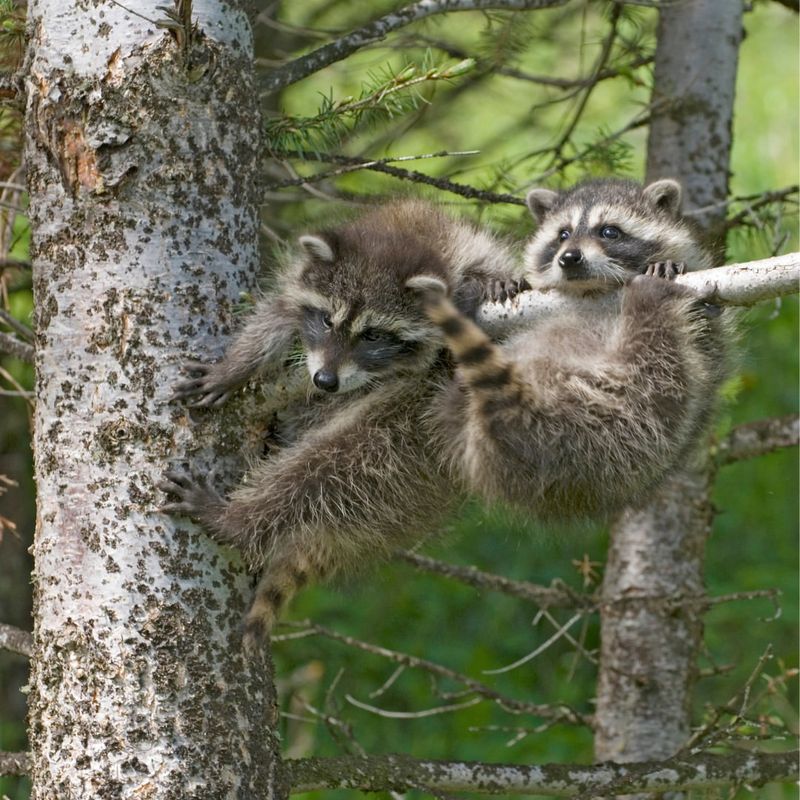
Raccoons bring a unique form of entertainment to your backyard with their playful and curious nature. Watching these intelligent creatures explore and interact with their environment can be a delightful experience.
Their antics offer a glimpse into their world, providing endless amusement for both children and adults. Raccoons are known for their problem-solving abilities and dexterous paws, often engaging in playful activities that showcase their intelligence.
Whether they are solving puzzles to access food or simply playing with objects they find, their behavior is both fascinating and engaging.
By allowing raccoons into your yard, you invite a source of natural entertainment that can enrich your outdoor experience. Observing their interactions can be a joyful and educational pastime, connecting you with the rhythms and wonders of the natural world.
11. Wildlife Guardians
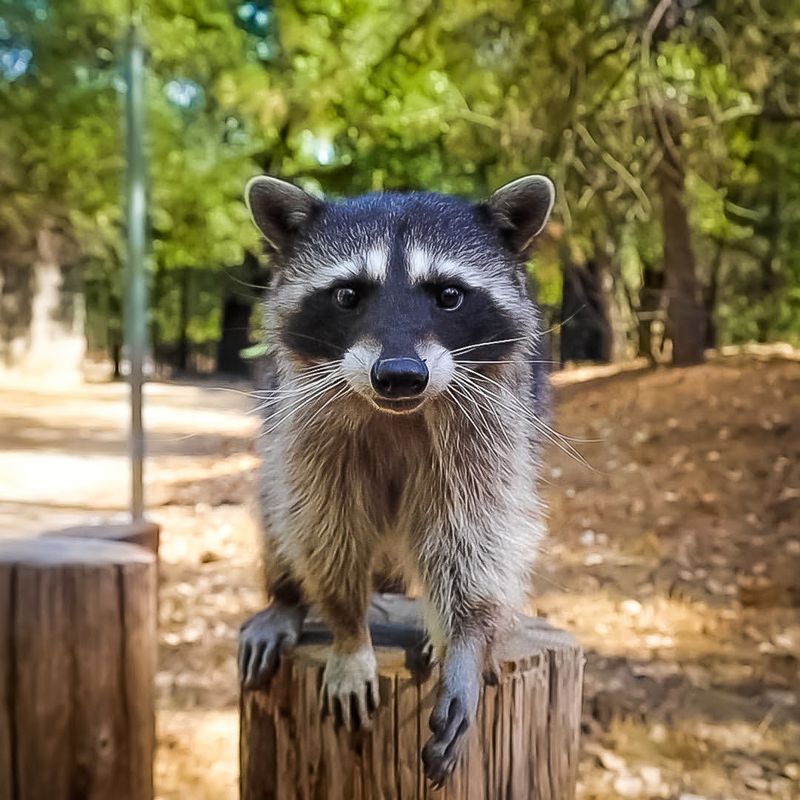
Raccoons can act as guardians of your yard by helping to maintain a balanced ecosystem. Their presence deters smaller predators and controls pest populations, creating a safer environment for other wildlife. By acting as a natural buffer, raccoons contribute to the stability and harmony of your backyard.
These creatures are often vigilant and aware of their surroundings, providing an additional layer of security. Their activities can signal changes in the yard’s ecosystem, prompting you to take measures if needed. In this way, raccoons indirectly help protect other inhabitants of your garden, fostering a nurturing space for all.
Embracing raccoons in your yard means supporting a natural guardian that helps preserve the delicate balance of nature. Their role as protectors enhances the overall health and vitality of your garden, ensuring that it remains a vibrant and thriving habitat.
12. Education Facilitators
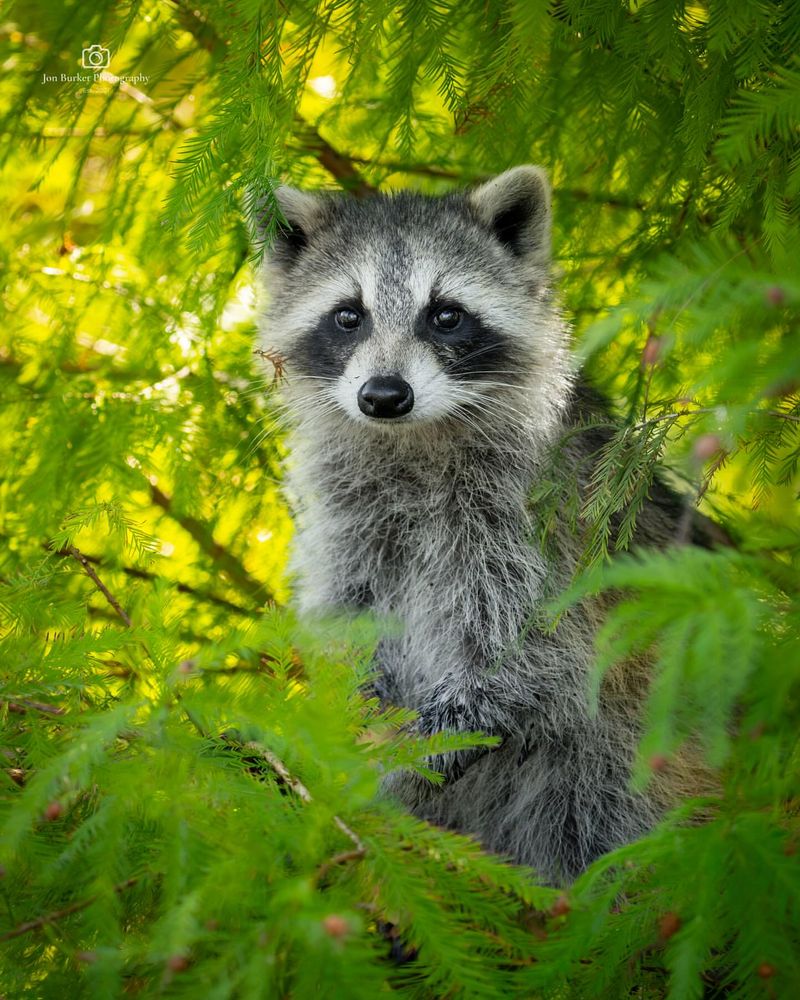
Raccoons provide a fantastic opportunity for educational experiences, making them valuable facilitators of learning. Their presence in your yard can serve as a practical resource for teaching about wildlife behavior, ecology, and environmental stewardship.
Engaging with raccoons offers real-world lessons in biology and conservation. For educators and parents, raccoons can be a focal point for discussions on animal adaptation and the importance of biodiversity. Observing raccoons allows children to learn about the interconnectedness of ecosystems and the role each species plays.
This hands-on approach to education fosters curiosity and a deeper understanding of the natural world. By allowing raccoons into your space, you create a living classroom where learners of all ages can explore and appreciate nature. This immersive experience supports critical thinking and encourages a lifelong appreciation for wildlife and conservation efforts.
13. Eco-Friendly Neighbors
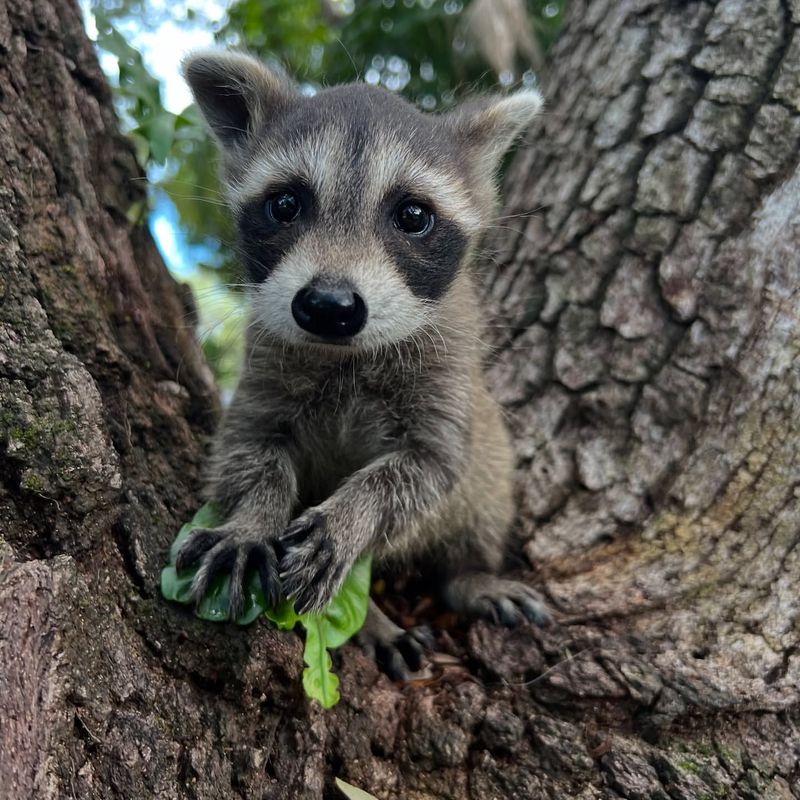
Raccoons can be considered eco-friendly neighbors when understood and respected within their natural habitat. Their ecological roles, such as pest control and seed dispersal, align with sustainable gardening practices.
By accommodating raccoons, you embrace a more harmonious coexistence with nature. These animals are adaptable and can thrive alongside humans, contributing positively to the environment.
Their presence in your yard encourages a shift towards environmentally friendly practices, reducing the need for chemical interventions and promoting biodiversity.
Creating a welcoming space for raccoons fosters a sense of community with the natural world and highlights the importance of sustainable living. By recognizing their contributions, you support an eco-friendly approach that benefits both your garden and the broader ecosystem.
14. Cultural Symbols
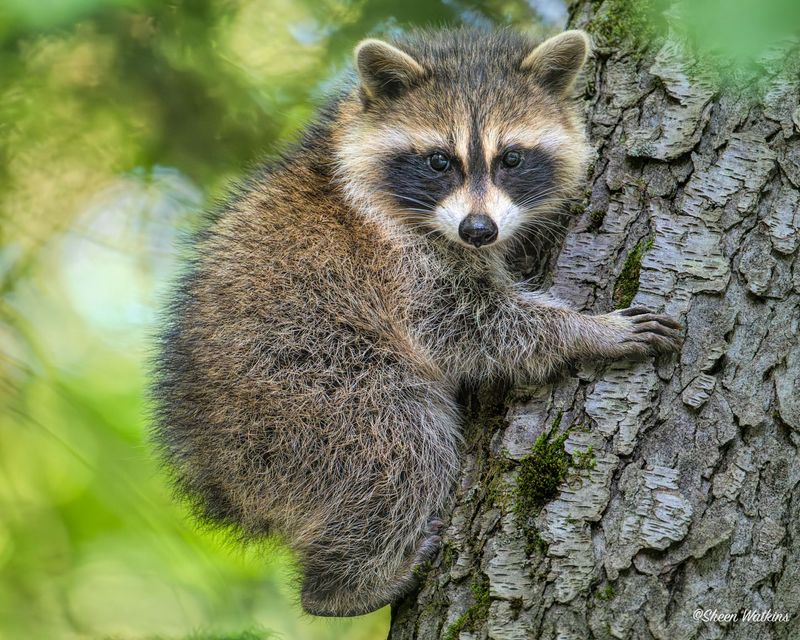
Raccoons hold significant cultural symbolism, often representing resourcefulness and curiosity. Many Native American tribes view raccoons as symbols of cleverness, adaptability, and survival.
By allowing raccoons into your yard, you connect with these cultural narratives, appreciating the deeper meanings these animals embody. Their mask-like facial markings and inquisitive nature make raccoons a prominent figure in folklore and storytelling.
This connection to cultural heritage enriches our understanding of raccoons, highlighting their attributes and inspiring respect for wildlife.
Welcoming raccoons into your yard can be a way to honor and celebrate their cultural significance. This respect fosters a deeper connection with nature and the diverse stories that shape our interactions with the animal kingdom, providing a meaningful lens through which to view these fascinating creatures.

